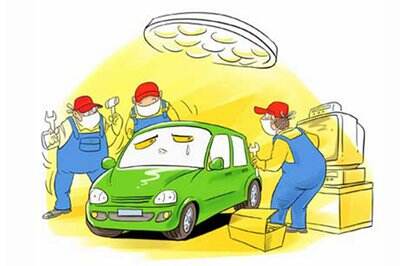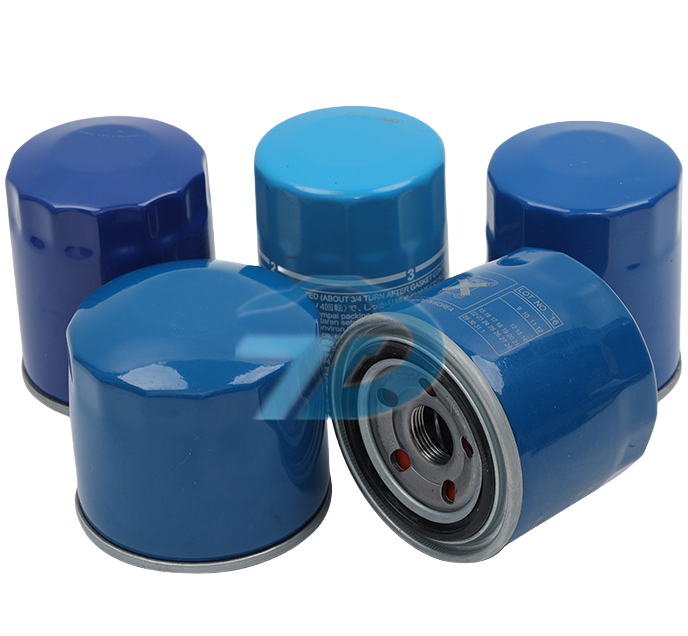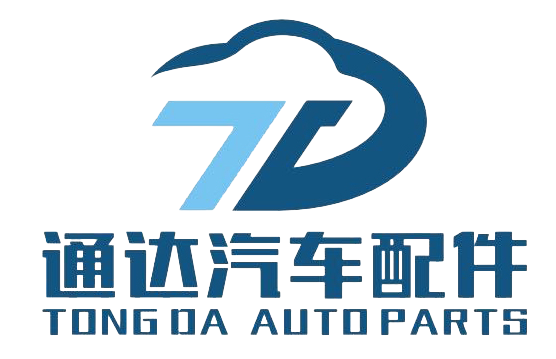How to determine if a filter needs to be replaced in advance
How to determine if a filter needs to be replaced in advance
In automobile maintenance, the filter is an important component that protects the engine and other critical components from impurities, and its performance directly affects the operational efficiency and lifespan of the vehicle. Although there are certain guiding principles for the regular replacement cycle of filters, in practical use, various factors may cause filters to need to be replaced in advance. This article aims to explore in depth how to accurately determine whether a filter needs to be replaced in advance, in order to help car owners better maintain vehicle health and prevent potential failures.
###1、 The basic function and importance of filters
Filters, including oil filters, fuel filters, air filters, etc., are mainly responsible for filtering impurities in oil, fuel, and air to ensure that the engine receives a clean supply and maintains efficient and stable operation. If the filter is clogged or fails, it will cause impurities to enter the engine interior, leading to increased wear, decreased performance, and even malfunctions, seriously affecting the service life and safety of the vehicle.

###2、 Basis for determining whether the filter needs to be replaced in advance
#### 1. Driving environment and conditions
-Dust and pollutant concentration: When driving in areas with high dust, poor road conditions, or severe industrial pollution, dust and impurities in the air can accelerate the clogging of the air filter. Fuel and oil filters may also fail prematurely due to increased impurities in the fuel and oil.
-Temperature and humidity: Extreme temperature and humidity conditions can accelerate the aging of filter materials, reduce filtration efficiency, especially in high temperature and humid environments, which can easily breed bacteria inside the filter and affect the purity of fuel and oil.
-Driving habits: Frequent short distance driving, sudden acceleration, sudden braking and other bad driving habits can increase the burden on the engine, wear and blockage of the acceleration filter.
#### 2. Vehicle usage status
-* * Mileage * *: Although the filter has a recommended replacement cycle, the actual mileage of the vehicle is the direct basis for determining whether it needs to be replaced. The replacement cycle of the filter should be appropriately shortened for vehicles driving under harsh conditions.
-* * Engine performance changes * *: When the engine produces abnormal noise, decreases power, increases fuel consumption, and has difficulty starting, it may be a sign of filter blockage or failure.
-Oil and fuel quality: Using low-quality or non compliant oil and fuel can accelerate filter clogging and damage, shortening its service life.

#### 3. Appearance and physical inspection
-Visual inspection: Regularly open the engine compartment to check for cracks, deformation, or oil leakage in the filter housing, as well as foreign objects blocking the inlet and outlet of the filter.
-* * Pressure Test * *: For fuel filters, the pressure of the fuel system can be tested using specialized pressure testing tools. If the pressure is abnormal, it may be caused by filter blockage.
-Flow test: For oil filters, the filtration efficiency can be determined by measuring the flow rate of oil through the filter.
###3、 Suggestions for replacing the filter in advance
1. * * Regular monitoring * *: Based on the vehicle's usage environment and conditions, develop a more flexible filter monitoring plan and regularly check the status of the filter.
2. * * High quality filters * *: Choose original or well-known brand filters, which usually have higher filtration efficiency and durability, and can reduce the need for early replacement due to filter problems.
3. * * Professional Maintenance * *: Replace and maintain the filter in a professional car repair shop to ensure proper operation and avoid filter damage or failure caused by improper installation.
4. * * Recording and Analysis * *: Record the date, mileage, and usage conditions of each filter replacement, analyze the trend of changes in the service life of the filter, and adjust the replacement strategy in a timely manner.
###Conclusion
Timely replacement of filters is the key to maintaining vehicle health, improving engine performance, and extending service life. Through the above methods, car owners can more accurately determine whether the filter needs to be replaced in advance, avoiding vehicle malfunctions and safety hazards caused by filter problems. Remember, regular maintenance and reasonable replacement of filters are the expressions of every car owner's responsibility for their vehicle and safety.

 EN
EN







































